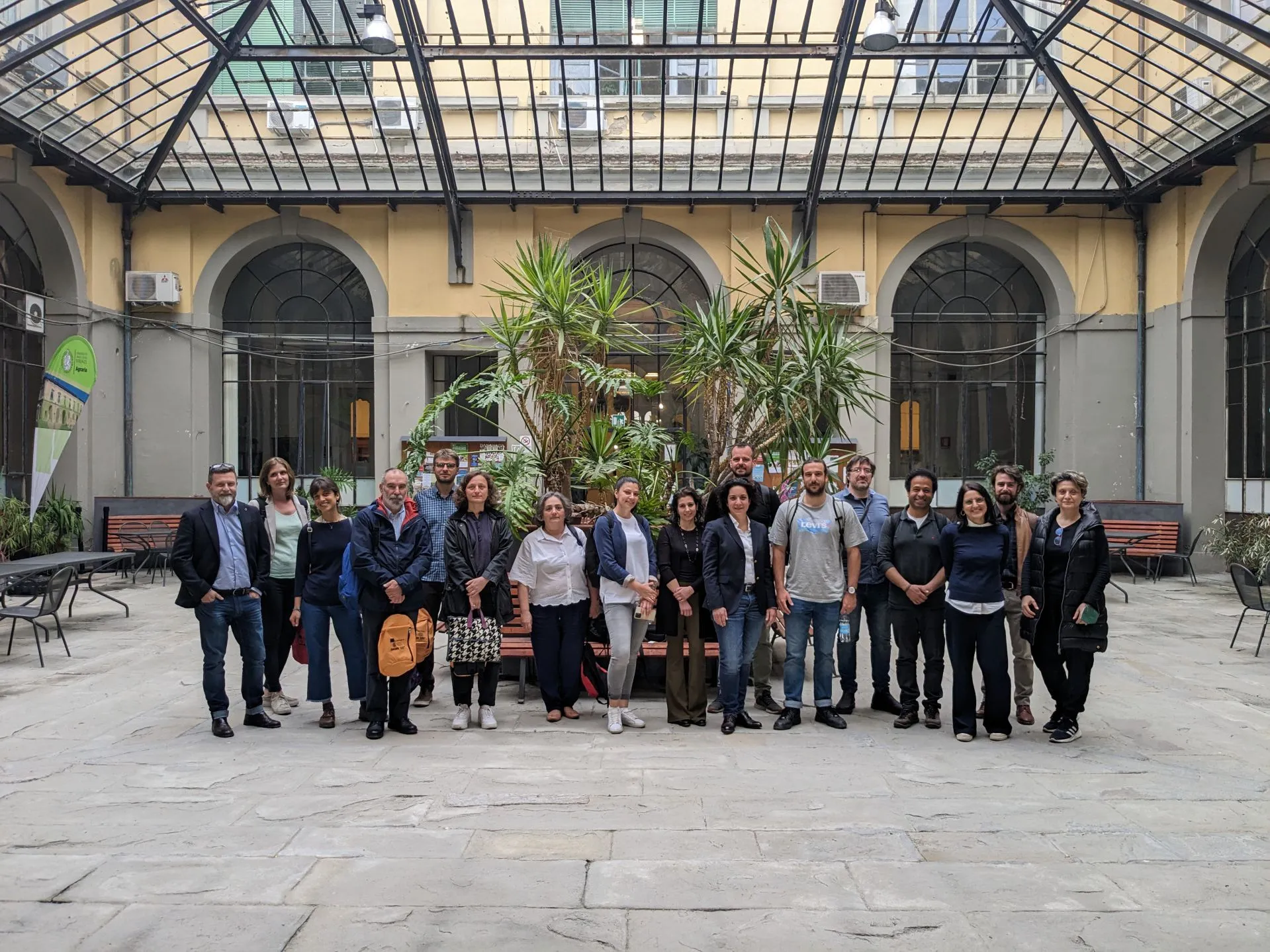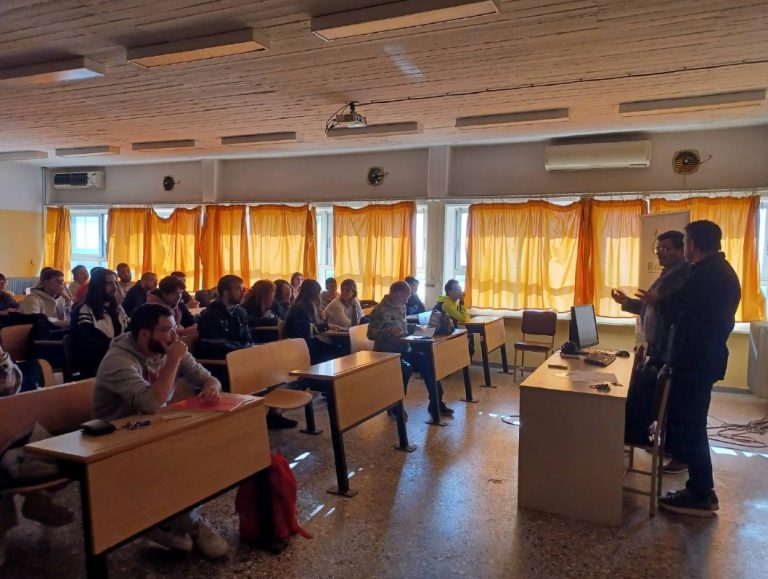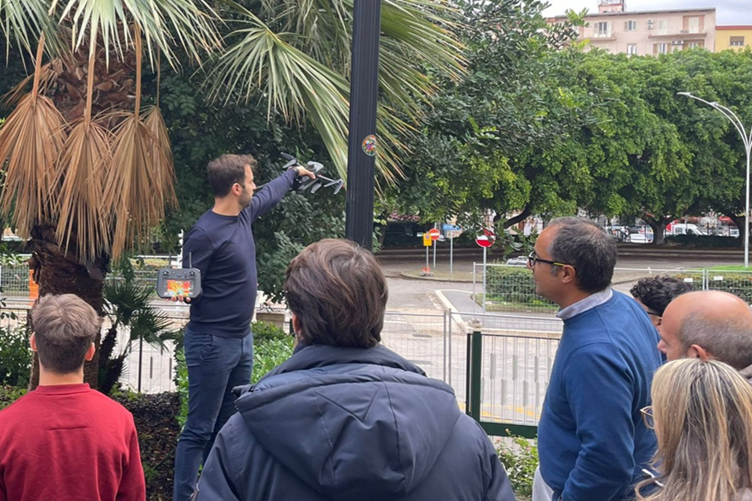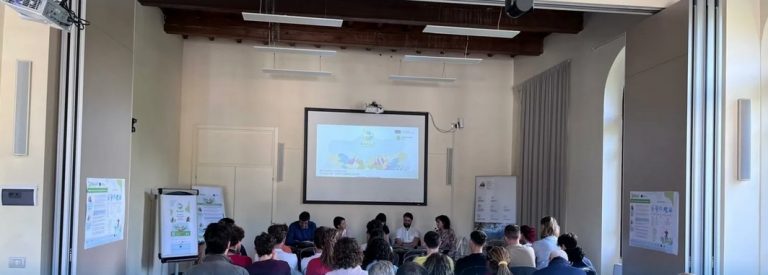To effectively support the green transition, it is necessary to develop an educational and training approach to the bioeconomy that is interdisciplinary, multi-sectoral, practical and adequate to deal with today’s unsustainable economic processes.
RELIEF partners are in the process to establishing two training curricula for university students and professionals in the rural bioeconomy sector.
The 1st Progress Meeting of the project, hosted by the University of Florence, Department of Agriculture, Food, Environment and Forestry the 9th and 10th of May 2023, was an opportunity to share the results of some project activities that have been completed, such as the Critical review of the current practices of bioeconomy education and training, and to initiate an exchange of ideas and co-design of the two RELIEF training curricula.
The Critical review of the current practices of bioeconomy education and training analysed 4 different teaching and training approachs related to the bioeconomy in the EU and provided some reccomandation for future programmes.
In recent years, many HEIs developed bachelor’s, master’s/postgraduate, and PhD programs on the topic. These programs share common characteristics, they often have an interdisciplinary approach, connecting STEM (Science, Technology, Engineering, and Mathematics) and SSH (Social Sciences and Humanities) disciplines, they sometimes focus on the bioeconomy as a whole or on a specific bioeconomy-related themes, they prioritize an academic approach and lastly, the predominant teaching and learning methods used are classroom/lecture-based formats. Looking at the VET (Vocational Education and Training) offer, VET programs in the bioeconomy domain focus on specific themes, prioritize practical skills training, and typically involve hands-on learning activities, leading to the award of a certificate upon completion. Two more types of approaches where analysed. The short-term education and training approaches in the bioeconomy, which involve workshops, short courses, and SME training. They aim to share knowledge or develop specific skills, adopt diverse learning methods, have a short duration, and involve different organizations as providers and supporters. And lastly the other approaches to bioeconomy education, which are informal and independent of educational institutions. They emphasize individual and lifelong learning, utilize open-source data, and employ diverse techniques such as on-the-job training, participatory learning, mentoring, self-learning through audio-visual materials, and discussions with stakeholders.




